
A News Desk Story
Discussions around the rise in pension fund assets will take centre stage today in Accra, as policymakers, fund managers and industry leaders meet to explore how long-term retirement savings can be more effectively channelled into infrastructure, private equity and national development initiatives at The Money Summit 2025.
The high-level dialogue – organised by B&FT in partnership with Ecobank, the Pan-African bank – comes at a time when pension funds under management (AUM) are growing sharply. The value stood at GH¢78.2billion at the end of June 2024, according to figures from the Pensions Digest and is expected to cross the GH¢100billion threshold in 2025.
It is being held under the theme ‘Optimising Investment and Pensions Management: Strategies for Sustainable Retirement Income and Economic Growth‘.
However, 90 percent of these assets remain heavily invested in government securities and money market instruments – exposing the system to concentration risks and limiting the funds’ potential to drive real economic transformation.
For decades, fund managers sought refuge in the relative safety of government bonds… encouraged by a policy environment that prioritised risk-aversion and liquidity.
However, the devastating impact of the 2022 Domestic Debt Exchange Programme (DDEP) – which wiped out billions in expected returns – has prompted a reassessment of the risks embedded in an overreliance on public debt.
Today’s forum will highlight that a new model is needed: one that leverages pension savings to close Ghana’s critical infrastructure gap, unlock capital for small and medium-sized enterprises (SMEs) and diversify national wealth beyond traditional assets.
A treasure-chest under strain
Despite their impressive growth, local pension assets are facing headwinds. Inflation stood at 22.4 percent in March 2025, while Treasury yields range between 15.32 percent and 18.37 percent -leaving many schemes posting negative real returns. Overexposure to a single issuer – the government of Ghana – has compounded vulnerabilities at a time when fiscal consolidation remains the cornerstone of macroeconomic policy.
Market analysts have said that the current system is heavily skewed toward government securities, which is a risky strategy – especially when government is still emerging from a fiscal crisis. It would be prudent for pension funds to take a bit more risk – allocating to equities and alternative assets that can deliver better returns and contribute to national development.
In light of shifting focus toward alternative investments, the regulatory environment has begun to make some moves. In 2023, the National Pensions Regulatory Authority (NPRA) revised its investment guidelines, raising the ceiling for allocations to alternative investments – such as infrastructure, real estate and private equity – from 15 percent to 25 percent. In theory, this reform could unlock over GH¢25billion in long-term capital by the end of 2025.
However, fund managers caution that macroeconomic instability continues to deter investment in less liquid assets. High borrowing costs, currency depreciation and elevated inflation have created a challenging environment for private sector growth, undermining the viability of many prospective investments.
Analysts have argued that the incentive to do alternatives is currently very low, with prevailing macroeconomic conditions cited as the biggest factor.
Yet the long-term case for diversification remains compelling. SMEs contribute between 60 percent and 70 percent of Ghana’s Gross Domestic Product (GDP) and employ over 80 percent of the workforce – but continue to suffer from chronic underfunding.
Pension-backed private equity funds could play a catalytic role in transforming these businesses into more productive enterprises, creating jobs, expanding the tax base and driving inclusive growth.
Infrastructure investment is another critical frontier. The nation continues to suffer from an acute infrastructure deficit across transport, power, water, housing and digital systems. Although the Public-Private Partnership Act of 2020 (Act 1039) established a legal framework to facilitate private sector participation, uptake has so far been modest.
Finance Minister Dr. Cassiel Ato Forson, during presentation of the 2025 Budget, reiterated government’s ambition to leverage pension funds through public-private partnerships (PPPs).
“PPPs can unlock massive infrastructure financing. By leveraging private sector expertise and pension fund resources, we can accelerate the delivery of critical projects while ensuring long-term financial sustainability,” he stated.
While regulatory adjustments have enabled more flexibility, industry voices argue that stronger compliance measures may be necessary to drive real change. Currently, the 25 percent allocation limit for alternative assets acts as a ceiling but not a mandate.
A major psychological barrier remains: government securities offer predictability, political backing and liquidity – qualities deeply valued by trustees and fund managers in a historically volatile economy. Yet recent experiences have underscored that even ‘safe’ assets are not without risk. The DDEP highlighted an urgent need for better risk diversification strategies.
International examples offer inspiration. In Canada, the Caisse de dépôt et placement du Québec (CDPQ) has invested heavily in infrastructure projects worldwide. Kenya’s pension funds are financing affordable housing via Real Estate Investment Trusts (REITs). Nigeria’s pension reforms have gradually opened space for private equity and infrastructure bonds.
Market commentators believe Ghana now has the policy framework, regulatory reforms and capital base required to follow a similar path, but believe execution – and political will – will determine success.
Speakers and sponsors
Today’s discussions will feature leading voices from the pensions and investment sectors, including Dr. Godwin Acquaye – CEO of B&FT and host of the event – who is expected to open proceedings at 9:00am.
Christopher Boadi-Mensah, CEO-National Pensions Regulatory Authority (NPRA) will serve as Guest of Honor while John Awuah, CEO-Association of Bankers, takes the Special Guest of Honour role. The distinguished panel of speakers includes Maame A. Thompson, CEO-Savvy Securities; Paul Kofi Mante, MD-EDC Investments; and Dr. Francis Sapara-Grant, CEO-GLICO Pensions.
Additional industry expertise will be provided by Madeline Nettey, CEO-Republic Investments; Dr. Richmond Atuahene, a banking consultant; Ankit Tandon, COO-Regulus; and Evelyn Adjei, Actuarial Manager-Social Security and National Insurance Trust (SSNIT).
The line-up further features David Tetteh-Amey Abbey, a financial security and stability expert; Austin Akufo Gamey, CEO-Gamey and Gamey Group; Dr. Adu Anane Antwi, Former Director General-Securities and Exchange Commission (SEC) and Convener, Pensions Bondholders Forum.
Joe Jackson, CEO-Dalex Finance; and Kwabena Boamah, MD-Stanbic Investments Management Services, complete the roster of speakers addressing critical industry challenges.
Madame Ekua Gaisey, Managing Partner-Five Six Five and Alfred Ocansey, Broadcast Journalist at TV3, will moderate the sessions.
The Bank of Ghana will serve as strategic partner, underscoring the event’s significance in national financial agenda.
Multiple financial institutions have backed the initiative, with SSNIT, Stanbic Bank, Fidelity Bank, Regulus, World Vision, The Bank Hospital, GLICO, HR Certification Centre and TRUSTUR.AI are among sponsors supporting the conference.
Media coverage of the invitation-only event will be provided by partners including Asaase Radio, Metro TV, TV3, Citi 97.3 FM, B&FT Online and Insight Ghana, ensuring the discussions reach a wider audience across the financial community.
The post TMS25: Experts to discuss rising pension assets, plus fresh calls for strategic investments appeared first on The Business & Financial Times.
Read Full Story
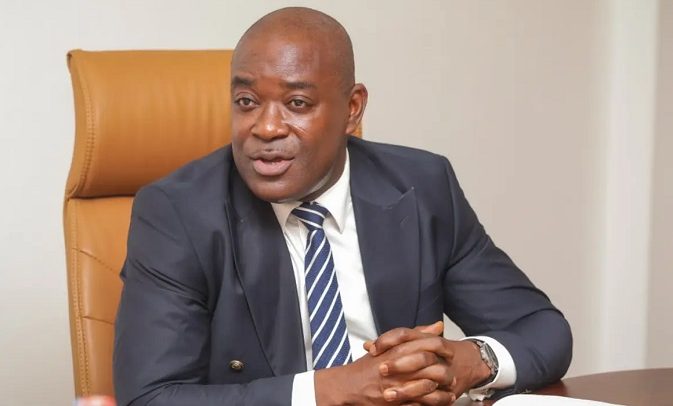

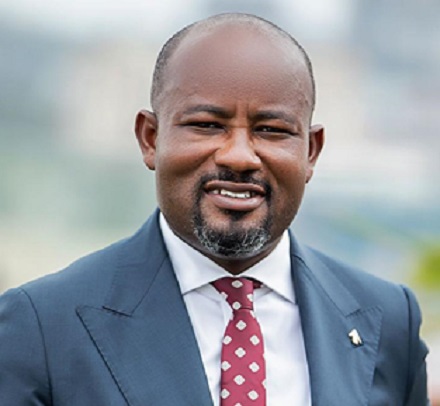



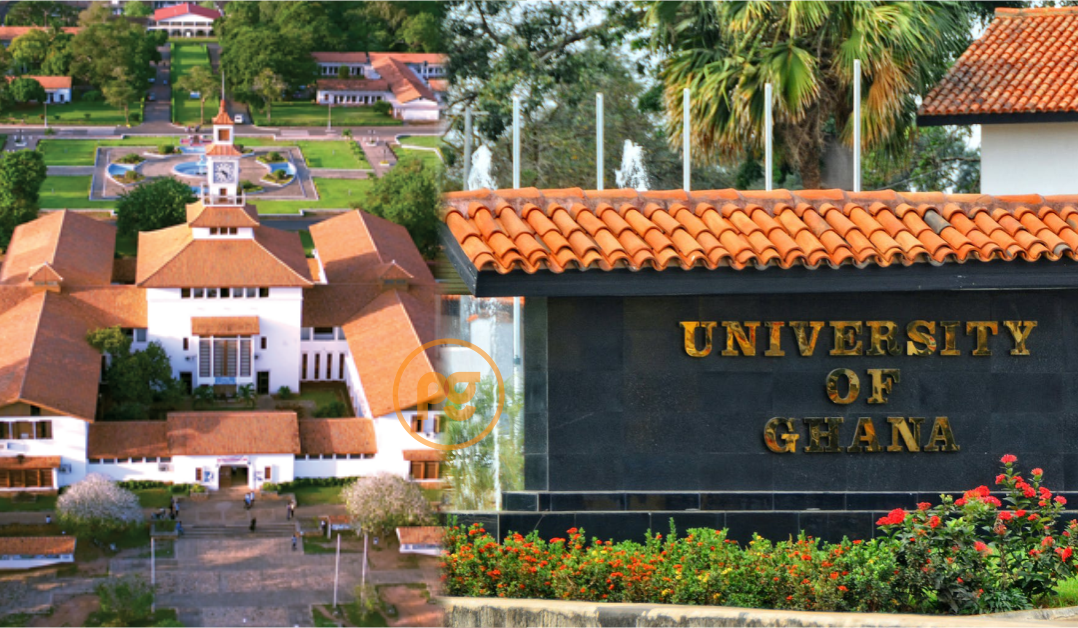


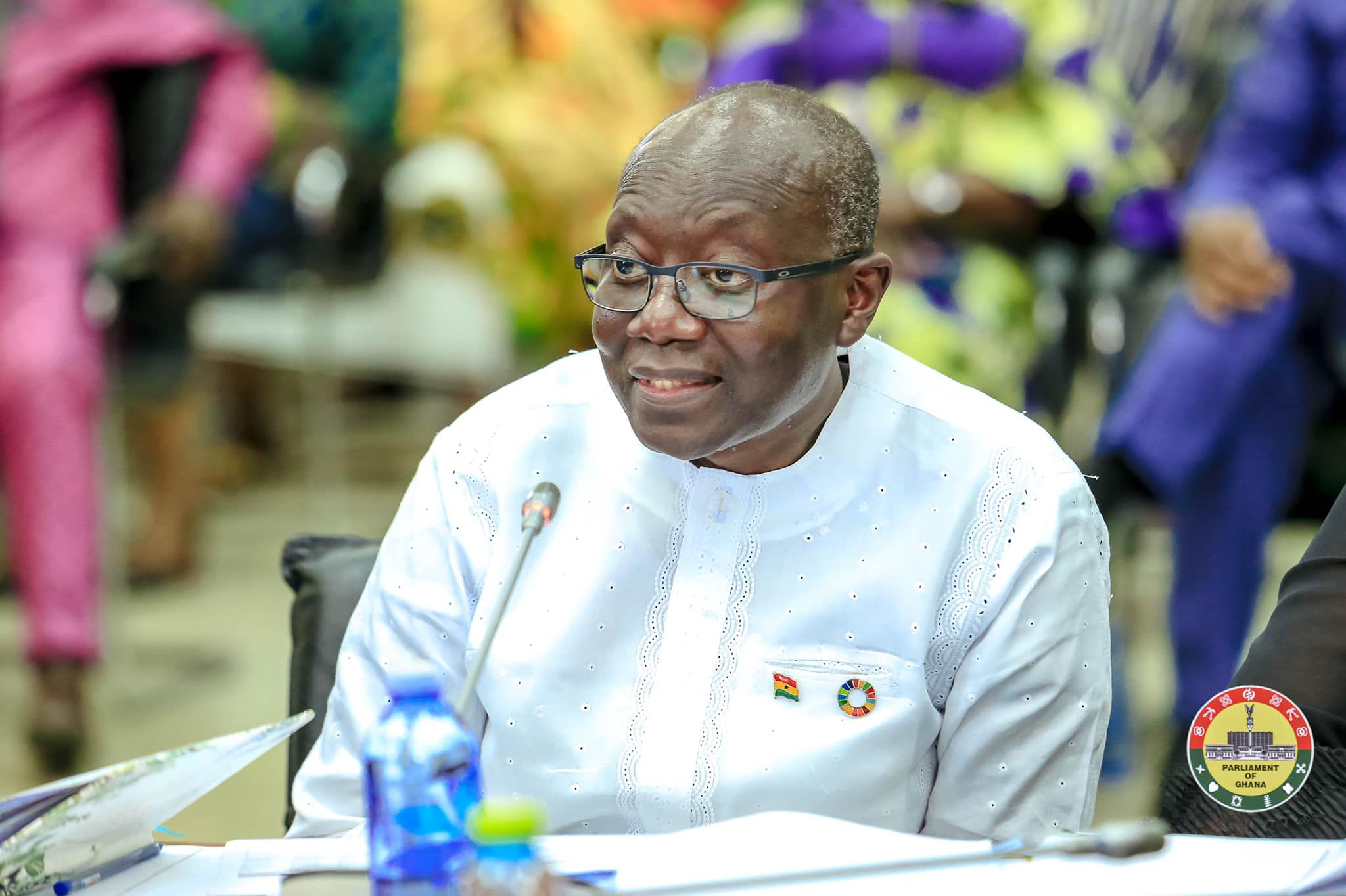
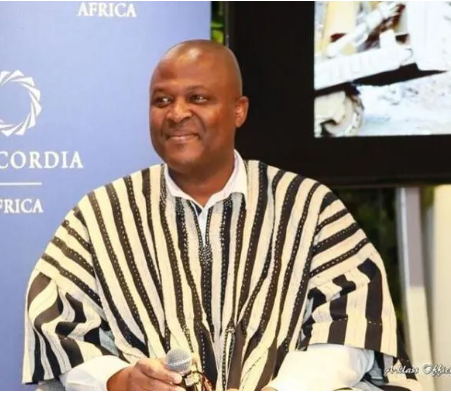



Facebook
Twitter
Pinterest
Instagram
Google+
YouTube
LinkedIn
RSS